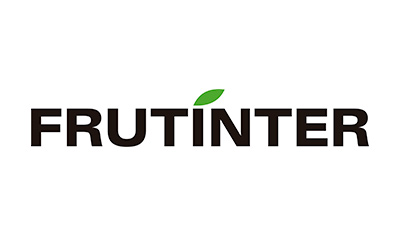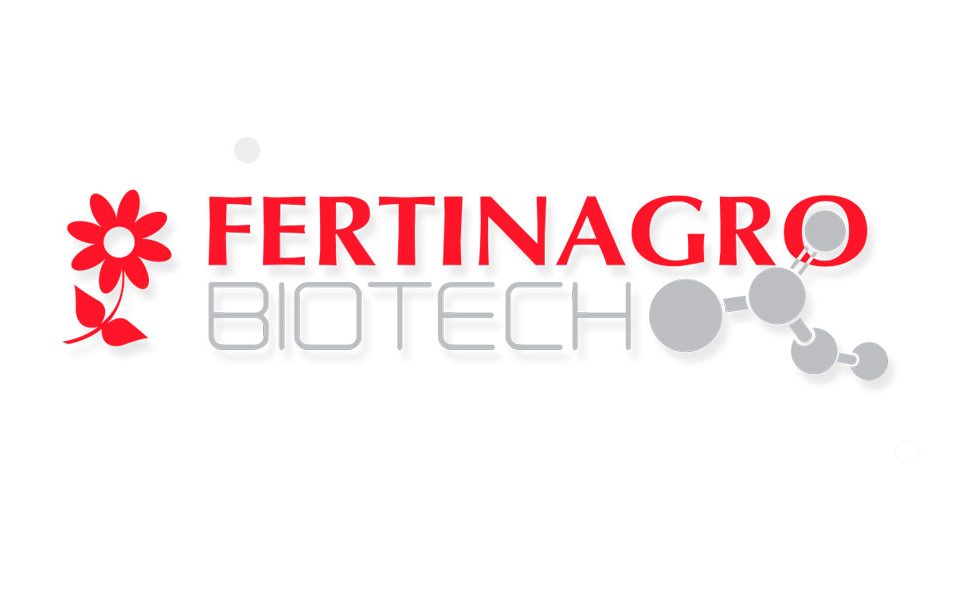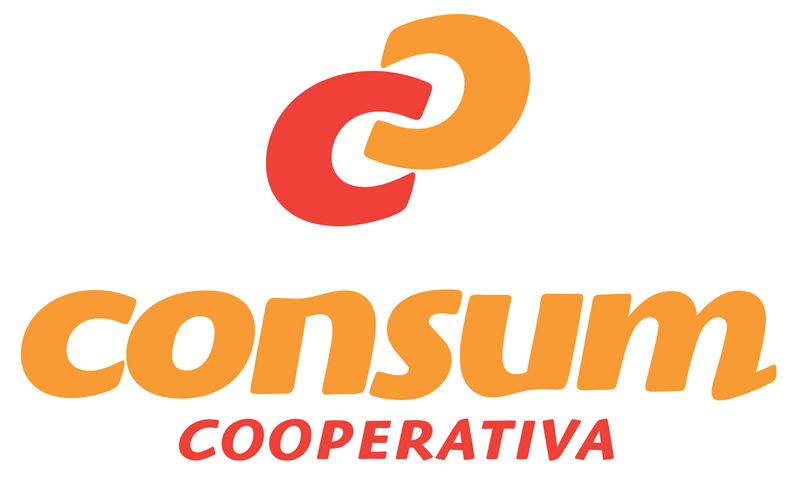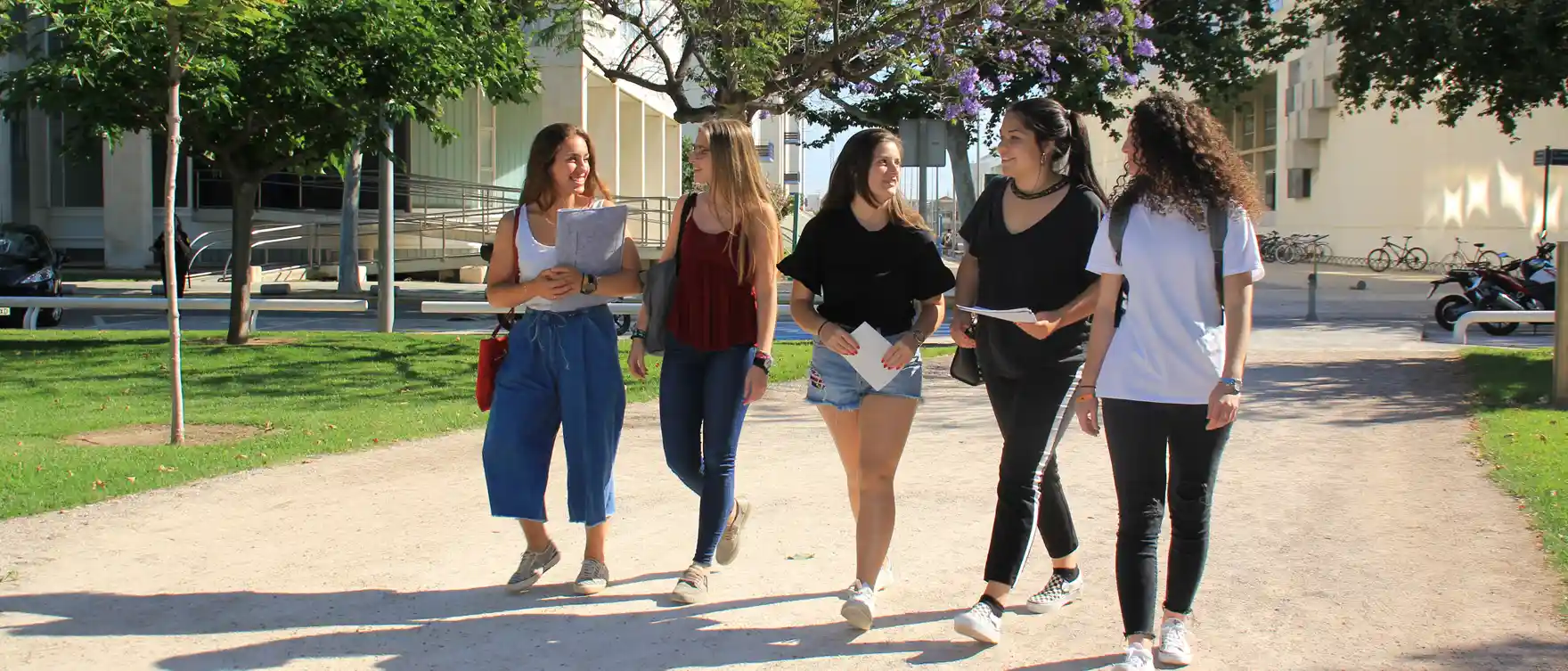Page content
Description of the title
The objective of the Master’s Degree in Plant Health and Production is to provide the student with an adequate training adjusted to the needs of the agricultural reality with a view to the acquisition of competences in the fields of agricultural health and production technologies.
A parallel objective is the training of future researchers in the aforementioned areas so that their graduates can continue with PhD studies. In this sense, the Master is linked to the Doctoral Program in Agricultural Resources and Technologies.
The curriculum is academically oriented, addressing different problems from a multidisciplinary perspective that includes both professional aspects (pest management and agronomic management of different types of crops) and research (advanced methodologies in plant protection and production).
The knowledge and skills that students will acquire at the end of the master’s degree are:
- Plant Health Technology
- Plant Production Technology
- Ability to plan and elaborate projects and technical studies in the fields of Plant Health and Production.
- Ability to develop R&D&I studies in the fields of Plant Health and Production.
Objectives of the degree

The Master’s Degree in Plant Health and Production has as its final objective the training of technicians and researchers in the fields of plant protection and production, which is addressed through the following training objectives:

Advanced training in identification, recognition and diagnosis of biotic stressors (pests, diseases and weeds) affecting cultivated plants.

Advanced training in pest, disease and weed management technologies for cultivated plants.

Advanced training in irrigation technology, fertilization, propagation and soil management in general aspects of crops.

Advanced training in production and quality in different types of herbaceous and woody crops in the Mediterranean area.
Career opportunities
Some of the main career opportunities include:
- Plant health technician: Work in the prevention and control of pests and diseases in crops.
- Agricultural project manager: Planning and execution of projects related to sustainable agricultural production.
- Researcher: To develop research projects in universities or research centers on plant health and production.
- Agricultural consultant: Advise companies and farmers in the implementation of sustainable production practices and plant health.
- Teaching: Teaching in educational institutions in areas related to agronomy and biology.
- Quality technician: Control and ensure the quality of agricultural products, both in production and post-harvest processes.
- Plant biotechnology specialist: Work on the development of new crop varieties resistant to pests and diseases.
- Production manager in agricultural companies: Supervise and optimize production processes on farms and farmsteads.
- Agroecology researcher: Explore sustainable methods of agricultural production and their environmental impact.
- Agricultural policy advisor: Assist in the formulation of policies related to agriculture and the environment.
Aimed primarily at
Adequate entry profile for these studies.
- Degree in Agrofood and Rural Engineering
- Degree in Forestry and Environmental Engineering
- Agricultural Engineer
- Forestry Engineer
- Technical Agricultural Engineer
- Forestry Technical Engineer
- Bachelor’s degree in Biological Sciences
- Bachelor’s degree in Environmental Sciences
And related degrees.
Structure of the master’s degree
Credits: 60 ECTS
Mandatory:48 ECTS |Electives:0 ECTS |External internships:0 ECTS |Final Master’s thesis (TFM):12 ECTS
Module 1. Advanced Aspects of Plant Production :18 ECTS mandatory
Subject:Advanced Aspects in General Phytotechnology
Minimum credits: 6 | Character: Compulsory
Subject:Advanced aspects in Arable Crops
Minimum credits: 6 | Character: Compulsory
Subject:Advanced aspects in woody crops
Minimum credits: 6 | Character: Compulsory
Module 2. Advanced Aspects of Plant Health :24 ECTS mandatory
Subject:Advanced aspects in Agricultural Entomology
Minimum credits: 10.5 | Character: Compulsory
Subject:Advanced aspects in Plant Pathology
Minimum credits: 10.5 | Character: Compulsory
Subject:Advanced aspects in Malherbology
Minimum credits: 3 | Character: Compulsory
Module 3. Intensification in common advanced aspects :6 ECTS mandatory
Subject:History of Agronomy and Intensification in Soil Management and Plant Physiology
Minimum credits: 6 | Character: Compulsory
Module 4. Master’s Thesis :12 ECTS mandatory
Subject:Master’s Thesis
Minimum credits: 12 | Subject: Final Degree Project
Internships
There are currently no credits assigned to Internships in Companies in the Syllabus of the Master’s Degree in Plant Health and Production.
Master’s students interested in doing internships in companies as extracurricular credits will be able to do so with the support and coverage of the Universidad Politécnica de Valencia through the Integrated Employment Service.
Research and access to Ph.
In relation to the master’s degree, the UPV offers you the PhD Program in Food Science, Technology and Management with which you will be able to enter the field of research.
The main objective of the PhD program in Food Science, Technology and Management is to train students to carry out research work, both basic and applied. In this way, graduates have a wide range of possibilities in which to develop their skills, from research and teaching in research centers and universities, to their integration and/or leadership of research teams in agri-food companies.
To this end, the program has a large group of PhDs covering almost all the different research areas that make up the agri-food sector. Part of these professionals belong to the Department of Food Technology (DTA) and the Institute of Food Engineering for Development (IIAD) of the Unversitat Politècnica de València. Another significant part belongs to the Institute of Agrochemistry and Food Technology (IATA-CSIC) and the Valencian Institute of Agricultural Research (IVIA) through an agreement signed with both institutions. In this way, the program has professors with different approaches to research.
Academic exchange / agreements with other universities
From the Department of Agroforestry Ecosystems, we advise you to ask for information in the ETSIAMN International Relations Office where you will find information regarding academic exchanges.
Facilities and laboratories
ETSIAMN provides the following laboratories for the master’s degree:
- Soil laboratory
- Herbaceous Laboratory
- General Phytotechnical Laboratory
- Viticulture Laboratory
- Fruit Growing Laboratory
- Citricultura Laboratory
- Botany Laboratory
- Plant Pathology Laboratory
- Agroforestry Entomology and Plant Pathology Laboratory
- Laboratory of Acarology
- Mycology Laboratory
- Virology Laboratory
- 3 Classrooms
Most laboratories are equipped with: slide projector, video, television, blackboard, computer, magnifying glasses and microscopes per station.
In addition, the Departments of Agroforestry Ecosystems and Plant Production provide students with additional laboratories for further service.
Master’s Thesis
The Master’s Thesis will consist of an original and individual work or project, in which knowledge, skills and competencies acquired by the student throughout his studies will be shown.
The TFM can be carried out through several proposal modalities:
- Ordinary: the student chooses, prioritized according to the criteria established by the UPV, one of the TFM from the annual offer or list proposed by the departments. The tutor will be the professor proposing the TFM.
- Arranged: the student agrees, at any time during the course, with the professor by mutual initiative on the title and the subject to be developed in a TFM and that is not in the list proposed by the departments.
- Mobility: the student develops his TFM at another university. He/she will look for a tutor at ETSIAMN appropriate to his/her subject and a co-tutor at the receiving university where the work will be carried out.
The formal, procedural and administrative requirements for the development of the TFM are specified in the framework regulations of the master’s thesis (TFM) of the Universitat Politècnica de València (UPV), in the specific regulations of the TFM of the ETSIAMN, to which the Department of Agroforestry Ecosystems is attached, and in the procedural annexes developed for this purpose.









